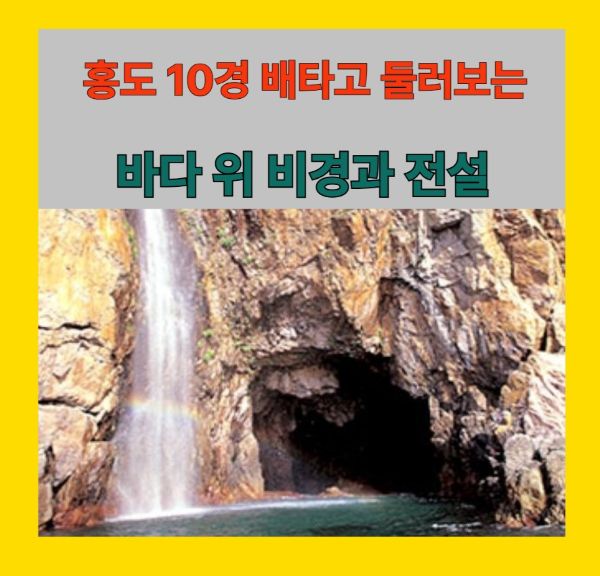The 2025 Gangneung Danoje Festival is one of Korea's most iconic traditional festivals, held from May 2 to June 3.
It is recognized by UNESCO as an Intangible Cultural Heritage of Humanity and carries over a thousand years of tradition.
Every year, more than 500,000 people visit this meaningful event.
This year's theme celebrates the 20th anniversary of UNESCO recognition, titled “20 Years, Dano,” and the main program runs from May 27 to June 3.
Gangneung Danoje includes ancestral rituals, traditional shamanistic performances, folk games, and various public events.
It reflects the heart of Korean traditional culture, where people and spiritual beings come together through ceremonies and performances that have been passed down through generations.
At the center of the festival are three main guardian spirits.
These spirits are all based on real historical or legendary figures and are still honored in rituals today.
The first is General Kim Yushin from the Silla Dynasty.
It is said that he studied in Gangneung when he was young and learned sword skills from a mountain spirit.
After his death, people believed he became the guardian mountain spirit of Daegwallyeong.
A shrine called Hwabusansa still remains in Gangneung where he is worshiped, showing the deep respect for both his historical and mythical legacy.
The second is Beomil Guksa, a high Buddhist monk.
According to legend, a woman drank water from a spring that contained the sun.
She later gave birth to a child, and cranes cared for the baby.
The child grew up to become wise and studied in China before returning to build a temple in Gangneung.
He became a royal teacher and earned the title of “Guksa,” or national teacher.
After his death, locals believed he became the guardian spirit of Daegwallyeong.
The third spirit is Lady Jeong.
It is said that the guardian spirit Beomil Guksa wanted to marry her, but her father refused.
Later, a tiger appeared and the girl became stiff like a stone.
Her parents agreed to the spirit’s request and offered her in marriage.
When her painting was hung, her body was released, and people still consider April 15 (lunar calendar) as their symbolic wedding day.
A ritual is held every year to honor this union.
The Gangneung Danoje Festival is a powerful way to experience Korea’s deep cultural roots and living traditions.
Visitors do more than watch.
They connect with stories, heritage, and the spiritual world.
In addition to the rituals and spiritual traditions.
Gangneung Danoje also features lively traditional games that add fun and excitement to the festival.
One of the most well-known games is swing riding, or geune ttwigi.
Traditionally enjoyed by women, it symbolized a glimpse into the outside world.
Today, community teams and individuals from different districts compete in swing competitions.
Ssireum, or Korean wrestling, is a traditional strength competition among men.
Various categories are held, including military teams, children, and local residents.
Winners receive a golden trophy shaped like a bull.
Tuho, or arrow-throwing, is a game where players aim to throw sticks into a narrow container.
It is open to all genders and ages and draws strong community participation, with teams practicing even at night.
The tug-of-war is a large-scale team game where 21 local districts compete in a tournament format.
Each team consists of 30 players.
Yutnori, a traditional Korean board game, is especially popular among the elderly.
It is simple to play and does not require much physical effort, making it perfect for seniors.
These folk games are more than entertainment.
They preserve community spirit and cultural traditions through joyful participation.
As one of Korea’s oldest traditional festivals, Gangneung Danoje has been captured in photographs over many decades.
We’ve included a few of these historical images below.
Thank you for joining us on this journey through Korea’s traditions.
We hope you will one day experience the Gangneung Danoje Festival yourself—
it’s a beautiful mix of heritage, spirit, and celebration.
You are always welcome in Gangneung.













.jpg)




0 댓글